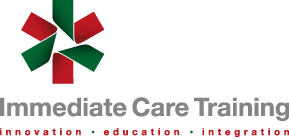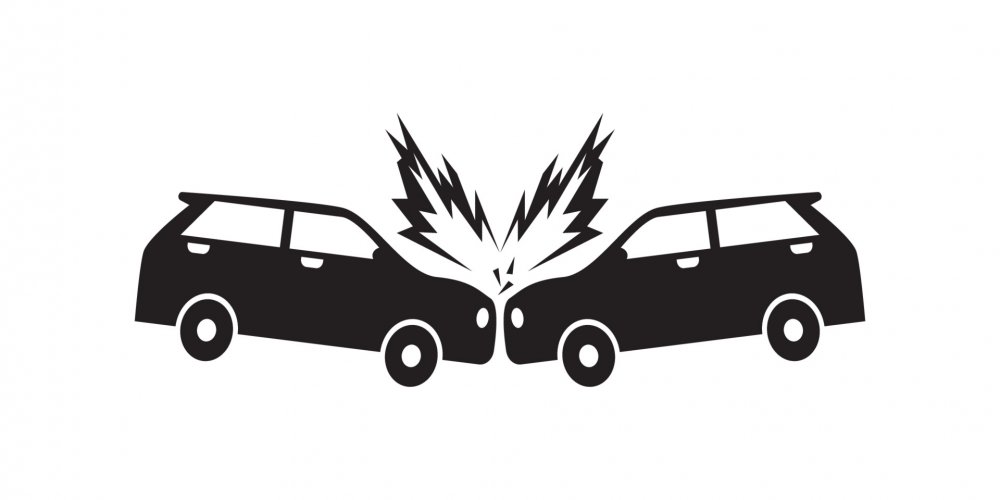

Immediate Medical & Emergency Care Course (IMEC)
£495.00 p/p
2-Day course
This course is aimed at preparing General Practitioners, Dentists, Physiotherapists and other Health care professionals working in the community to deal with the common emergencies that may be encountered. Cardiac, trauma and medical emergencies in both adults and children will form the core content of the course. The candidates will both reinforce and update knowledge and skills through best evidence and current guidelines. The course will be delivered by faculty who have extensive clinical and educational experience. The format will ensure a hands-on approach to the skills along with the opportunity to discuss case histories presented in workshops amongst the peer groups.
Course Details
INTRODUCTION:
GP’s and other HealthCare Professionals are expected to be competent in both the knowledge and practical skills required to manage emergency or urgent care situations, which they may potentially be exposed to in daily practice.
This course will equip candidates to better manage these situations both during daytime work but also in Our of Hours Work.
THE AIM OF THE COURSE
This course is aimed at preparing HealthCare Professionals to deal with the common medical emergencies that may be encountered in both adults and children. Cardiac, trauma and medical emergencies will form the core content of the course.
The candidates will reinforce current knowledge and skills and learn any new interventions through best evidence and practice.
The course is divided into 3 themes with their own set of objectives:
1 Cardiac: Including BLS, Defibrillation, Choking, Cardiac emergencies
2 Trauma: Perform a rapid systematic trauma assessment, Recognise a compromised airway and manage the airway using common airway adjuncts, Demonstrate the key management principles of a spinal injury and apply the necessary immobilisation equipment, Recognise the common life-threatening injuries that affect A-B-C-D-E and demonstrate the necessary interventions.
3 Paediatrics: Manage a paediatric cardiac arrest, Recognise the anatomical differences and demonstrate paediatric airway management using common airway adjuncts, Describe the management of common paediatric illnesses (Anaphylaxis, fever, meningitis, asthma, croup & seizures), Demonstrate an understanding of paediatric calculations tools.
COURSE CONTENT:
The framework on which the course is delivered consists of:
- Short core lecture
- Skill stations
- Workshops
- Scenarios
- Pre-course material
The course will be delivered using core discussions to provide the underpinning knowledge to then build skills around. To consolidate the core knowledge and skills, a set of scenarios will be included based on ‘real-life’ situations. All candidates will have the opportunity to practice each skill and scenario. This is aimed at improving confidence and competence of the candidates
ASSESSMENT:
There will be 2 main assessment methods:
- The formative assessment will be achieved by continual assessment and support of the candidates.
- The summative assessment will be included at key sections of the course.
WHO CAN ATTEND:
The course is open to all HealthCare Professionals (GPs’, GP trainees, Nurses, Physiotheripists, Sports medics etc.).
Candidate Criteria
N/A
Course Format
- Guideline lecture
- Discussions
- Skill stations
- Scenarios
- Working in teams
- Small group work
- Equipment familiarisation